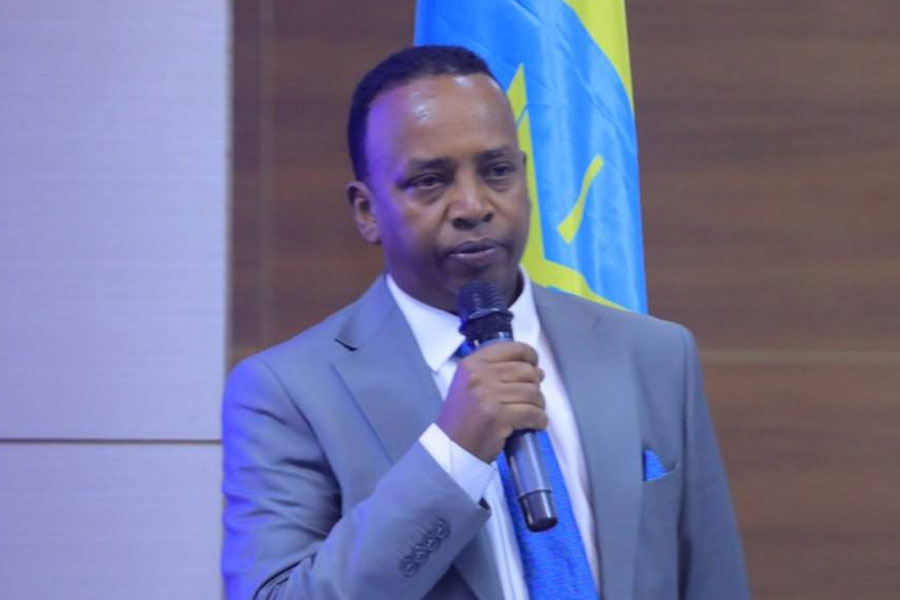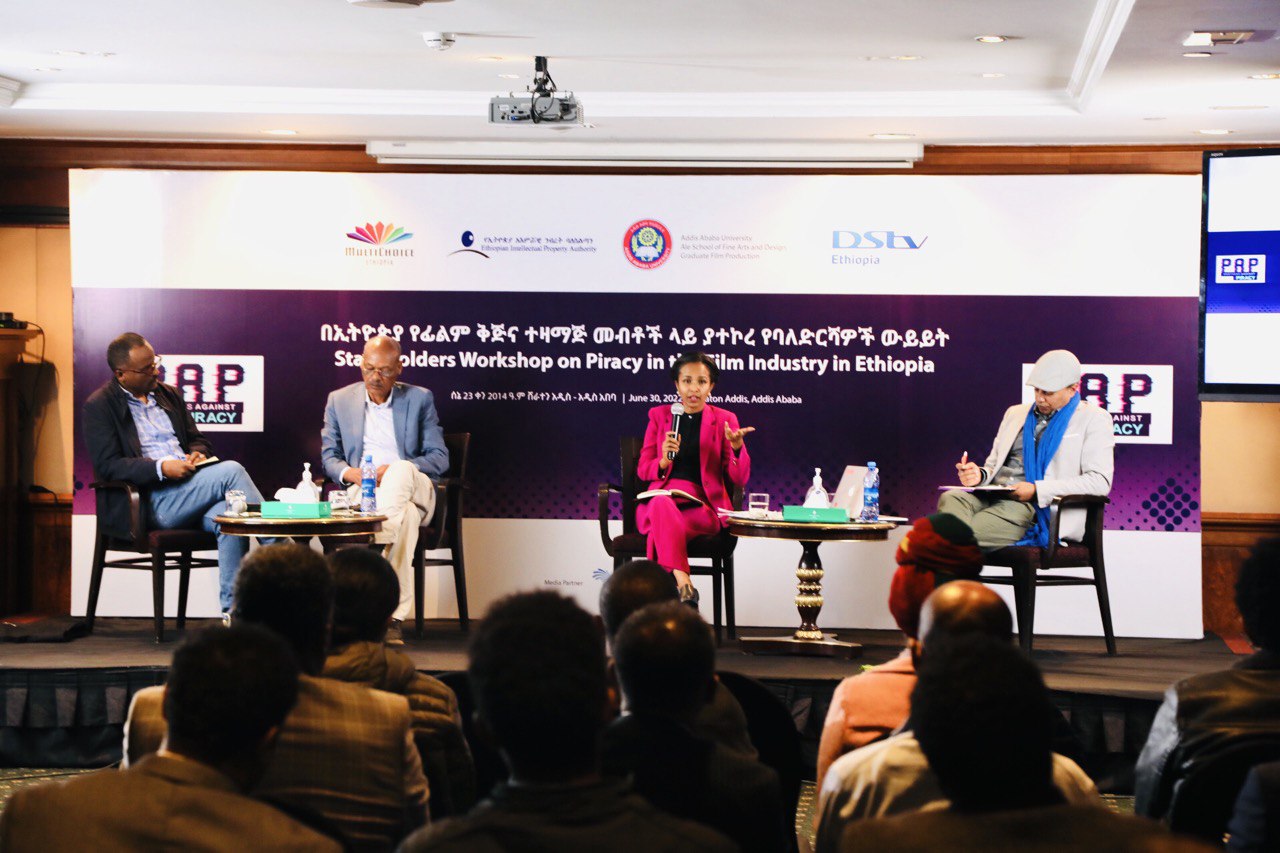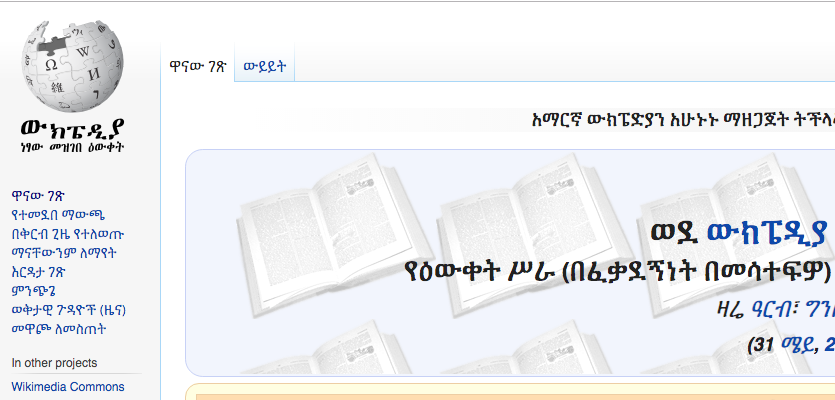
Radar | Jun 15,2025
Safaricom Ethiopia Plc has placed an order to buy the first batch of three million subscriber identity module (SIM) cards ahead of its commercial debut scheduled for next month, disclosed Pedro Rabacal, chief technology officer.
The company sources its SIM cards from abroad. A single SIM card costs up to one dollar. China and Taiwan account for more than half of global production, followed by South Korea. Manufacturers work amidst a severe shortage of semiconductor chips caused by market closure due to the COVID-19 pandemic. As movement restrictions and lockdowns were lifted, demand skyrocketed, leaving manufacturers scrambling to produce.
According to industry observers, the shortage will take a while to resolve, as boosting production or erecting new manufacturing plants can take months. Nonetheless, firms are eyeing domestic production.
Lootah Industries Plc, part of the Dubai-based Lootah Group, unveiled plans for a smart-card manufacturing plant in Addis Abeba last year. MK Ethiopia, a joint venture between Vietnam-based MK Digital and Neutronet Plc, a local company, has secured an investment license to erecta cards manufacturingplant on a 3,000sqm plot of land in the capital.
The Ethiopian Communications Authority (ECA) has assigned the numbers Safaricom Ethiopia will use for its operations, including three- and four-digit short-codes and SIM numbers beginning with the "07" prefix.
The start of services by Safaricom Ethiopia will mark a historic milestone for Ethiopia where the monopoly of a state-owned enterprise held in the telecom sector for over a century comes to an end. As competition in telecom services is inevitable, the Communications Authority wants to hire an international consulting firm to analyse the telecom market and assess market dominance, wholesale and retail tariffs, and the potential for applying price caps.
Seven international consulting firms have shown interest last September, five of which have received the nod from officials of the Authority. The Communications Authority has completed technical evaluations, while the Ministry of Innovation & Technology reviews the consultants' financial standing as part of the Digital Foundation Programme kicked off with 200 million dollars from the World Bank last year. The selected consultant will evaluate the tariffs applied by telecom operators, develop a cost determination method, and set minimum and maximum price thresholds for the telecom market.
The work will enable the Authority to implement a directive issued last year, giving it the mandate to assess and set telecom tariffs.
Hiring consultants with international experience is crucial for this task, says Balcha Reba, director-general of the Authority. The study will take at least five months to complete.
The tariff determination will apply to the fees subscribers pay and interconnection fees and costs for sharing infrastructures such as towers and fibre optics.
In a monopolistic market, unfair pricing needs to be regulated, but predatory pricing and margin squeezing need to be controlled in a competitive market, according to Balcha. The Authority has the mandate to intervene in pricing matters or when requested by an involved party. The directive authorises the Authority to discipline market players from making tariff adjustments without its approval.
For over a century, the state-owned Ethio telecom has been the sole telecom operator in the country. It has over 62 million subscribers and generated revenues of close to 60 billion Br last year (1.2 billion dollars in the current exchange rate). Over the past three years, the company has adjusted its tariffs several times. In August 2018, Ethio telecom cut tariffs on mobile internet and voice calls by 40pc and 43pc, respectively.
In recent months, Ethio telecom has slashed broadband internet tariffs and various voice, text and data packages by 40pc.
"We might introduce such schemes as needed," says Messay Woubshet, communications director of Ethio telecom.
As a transitional mechanism to set fees, the Authority had issued an interim pricing a year ago that Safaricom and Ethio telecom base their negotiations. The forecasted price was established based on the experiences of several countries, according to Balcha.
The operators have yet to conclude an infrastructure sharing deal.
The Authority has also finalised drafting a numbering plan last amended in 2006. Balcha disclosed the draft was developed to handle growth expected with the entrance of a new operator, increased internet penetration, and the introduction of a 5G network. According to the Director-General, it has been forwarded to the two operators for comments.
The numbering plan for fixed-line geographic service divides the market into nine regions. Safaricom is assigned the "012" code for Addis Abeba based lines. After a block is set to operators, they can only request more if 60pc of the numbers are used. Balcha contends short-codes are a much more limited resource that needs to be reserved for emergency services. Five-digit short-codes are reserved for future use.
Safaricom Ethiopia has been assigned three-digit customer service numbers beginning with "5". Its customer call centre will be 500.
The Authority is preparing to hire a consultant to assist its transition to administering internet protocols and domains. Its establishment proclamation and the legal framework governing electronic transactions designate the ECA as the administrator of Ethiopia's ".et" domain. However, Ethio telecom continues to manage the duties until the Authority takes over.
"We'll be ready in less than a year," said Balcha.
PUBLISHED ON
Mar 19,2022 [ VOL
22 , NO
1142]

Radar | Jun 15,2025

Radar | Apr 04,2020

Radar | Sep 03,2022

Commentaries | Nov 09,2019

Sponsored Contents | Jul 04,2022

Radar | Jun 17,2023

Fortune News | Jun 01,2019

Viewpoints | Aug 29,2020

My Opinion | Jan 31,2021

Fortune News | Jul 10,2020

Dec 22 , 2024 . By TIZITA SHEWAFERAW
Charged with transforming colossal state-owned enterprises into modern and competitiv...

Aug 18 , 2024 . By AKSAH ITALO
Although predictable Yonas Zerihun's job in the ride-hailing service is not immune to...

Jul 28 , 2024 . By TIZITA SHEWAFERAW
Unhabitual, perhaps too many, Samuel Gebreyohannes, 38, used to occasionally enjoy a couple of beers at breakfast. However, he recently swit...

Jul 13 , 2024 . By AKSAH ITALO
Investors who rely on tractors, trucks, and field vehicles for commuting, transporting commodities, and f...

Nov 1 , 2025
The National Bank of Ethiopia (NBE) issued a statement two weeks ago that appeared to...

Oct 25 , 2025
The regulatory machinery is on overdrive. In only two years, no fewer than 35 new pro...

Oct 18 , 2025
The political establishment, notably the ruling party and its top brass, has become p...

Oct 11 , 2025
Ladislas Farago, a roving Associated Press (AP) correspondent, arrived in Ethiopia in...